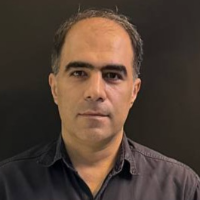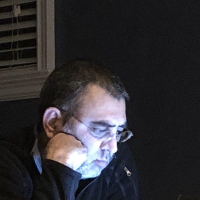discursive struggles and power of workers; analysis of discursive field in Workers of Tehran and Suburbs Bus Company's strike
Iranian Workers' efforts to organize their syndicate have not become an important topic in academic social research. As a result, workers’ lives and efforts, as leading social actors of the society, has been underestimated by social studies. The question of this research is designed to be against the mainstream studies. In this research, we want to study the discursive and Pragmatic practice of drivers in the Syndicate of Tehran Bus Company.
In this article, we rely on a discursive theoretical/methodological approach and critically examine the texts were produced in 2004 in the discursive field of the syndicate. These texts included documents on the activities of workers, and also in-depth interviews with labor activists at the Syndicate of Tehran Bus Company. This study sheds some light on the way workers construct and articulate discourses in the discursive order dominating this syndicate and analyzes discourse contexts and its implications for workers' organizing activities.
-
Discourse Mining of Music from the Constitutional Period to the Revolution of 1357
Mohammadreza Zolfaghari *, Mahnaz Ronaghi Notash,
Journal of Iranian Social Studies, -
Market-oriented approaches to higher education in the 1390s
*, Abbas Varij Kazemi
Qurterly Journal of Research and Planing in Higher Education, -
Transformations of musical discourse: A comparative analysis of music in the era of Constitutional Revolution and the time of 1979 Revolution
Mohammadreza Zolfaghari, Mahnaz Ronaghi Notash *,
Journal of Sociology of Culture and Art, -
Analyzing and subliming the forms of university social responsibility
R. Aghajari *, A. Varij Kazemi, R. Mahoozi, M.R. Kolahi
Journal of Iran Cultural Research,




